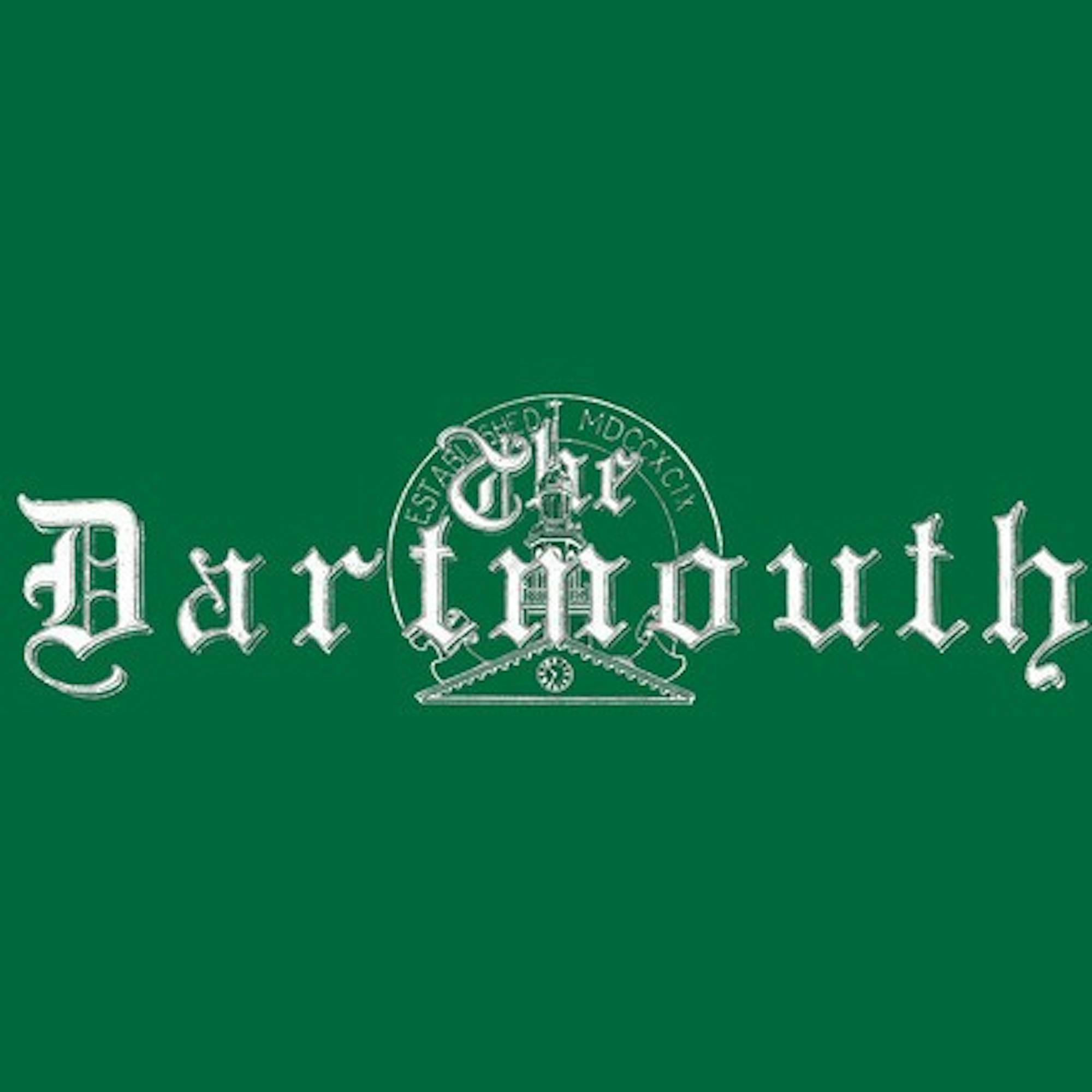Andrea Marcon, a harpsichordist and Baroque scholar, has directed the orchestra since its creation 15 years ago. Marcon began his musical involvement playing piano and organ in Venice.
As he grew older, Marcon realized that there lacked a group that focused on music of the Baroque era, a period of artistic style that began in the 17th century in Rome that exaggerates motion and clear, easily interpreted detail.
"There were early music ensembles, but not a Baroque orchestra," Marcon said.
Unlike many orchestras playing today, the Venice Baroque Orchestra performs on authentic period instruments that are different from the modernized instruments used to play classical music today. The instruments include strings and winds that Baroque composers wrote for and heard themselves.
The purpose of utilizing these rare instruments is to get "near to the thought of the composer," Marcon said.
The period instruments are prized for their distinct sound and range capabilities, Hopkins Center classical music student relations advisor Julia Floberg '11 said.
Floberg, a cellist, said she took special note of the orchestra's use of period string instruments.
"The gut strings make the instruments warmer," Floberg said. This will result in a sound that is "so different to modern ears."
Artists during the Baroque period wrote for audiences with different music perceptions than ours. In the classic and romantic traditions, performers played "exactly as the composer wanted; overtly expressive, in your face," she said.
In contrast, Baroque composers provided a general framework that musicians would interpret. Baroque composers also dealt with "set social conventions, especially in higher echelons," and they expressed their emotion "beneath the surface" of the music, Floberg said. The orchestra promises viewers an experience for the eyes as well as the ears, not only because most of the instrumentalists stand while they play, but because they bring a "lot of energy on stage; they communicate with each other," Floberg said.
Marcon conducts while playing the harpsichord, in the traditional style of great masters such as Handel and Telemann.
This concert is ideal for viewers with different backgrounds who might not be familiar with Baroque or classical music, Marcon said.
"The exposition of colors coming out from these concertos from the greatest composers of the 18th century is to show the diversity of Baroque music," Marcon said. "Nothing more fresh, nothing more energetic than to hear the music of the VBO."
Students from different listening backgrounds said they are looking forward to the performance with an open mind.
"I would definitely not consider myself a classical fanatic," Holly Foster '14 said. "I have an appreciation for classical music and I occasionally listen to it when I'm studying. It's very calming, like the light, springtime, Vivaldi radio type music."
Carly Kuperschmid '16, classical guitar fan, and Sam Van Wetter '16, who saw the string quartet Brooklyn Rider perform at Friday Night Rock, also showed interest in attending the performance.
Richard Fu '13, who said he mainly listens to classical music from the early 20th century and Romantic period, said he hopes to go to the concert.
"It's important to expand horizons, to become more open-minded, more knowledgeable," Fu said.
Fu is considering pursuing a doctorate in musicology and encourages students who might not be familiar with classical music to attend tonight's performance.
"It's like when you don't know anything about art but you take an introductory art class and it becomes a genuine interest," Fu said. "It can open new doors for you."
The Venice Baroque Orchestra will play in Spaulding Auditorium tonight at 7 p.m. The performance will be followed by an informal discussion with the musicians.




